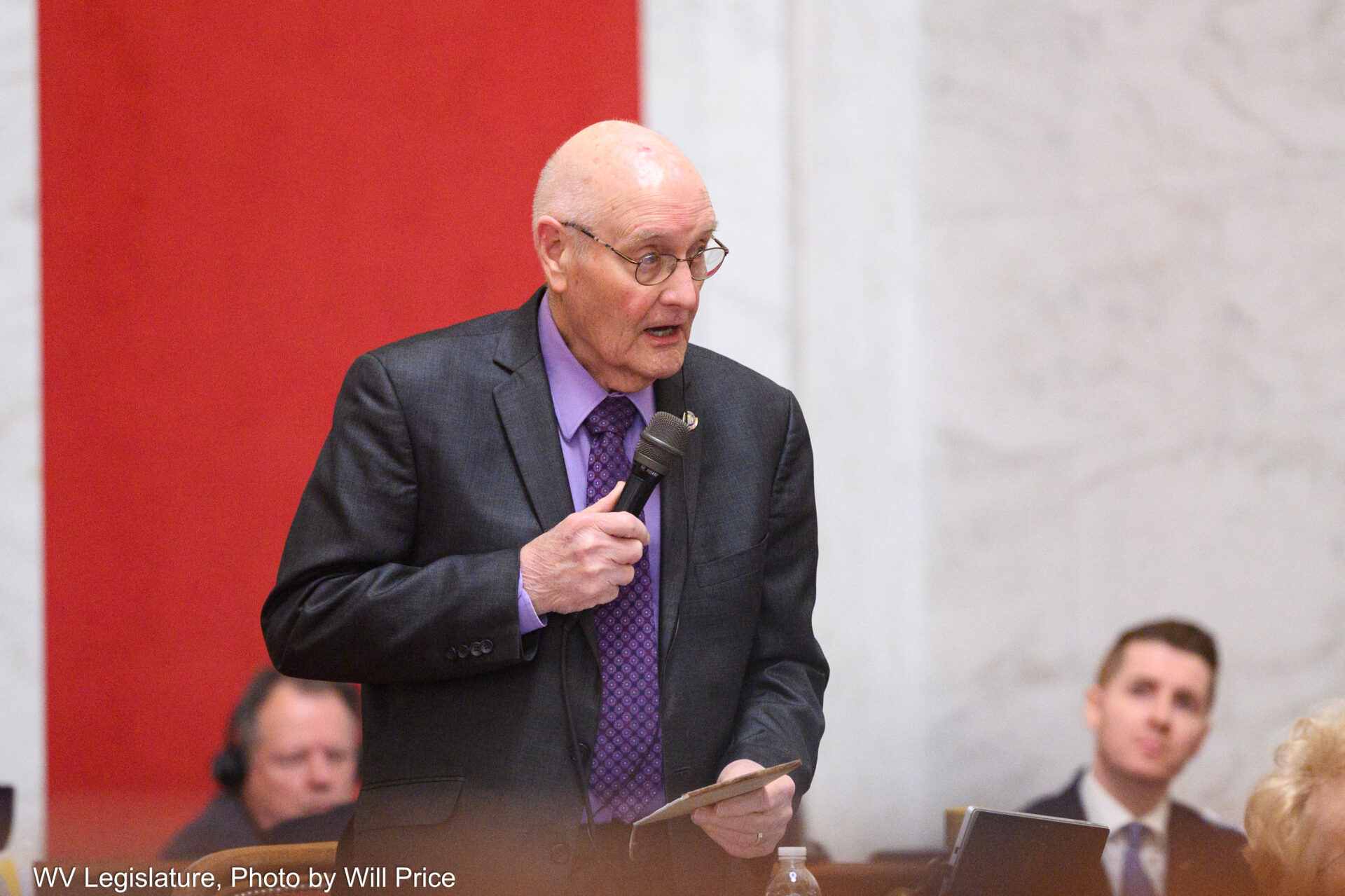Organizational changes at Marshall University, prompted by state and federal orders to repeal diversity, equity and inclusion programs, are being met with mixed reviews from students.
State and federal orders to repeal diversity, equity and inclusion programs have spurred organizational changes at Marshall University. The changes are being met with mixed reviews from students.
Among the Marshall students enjoying a warm spring-like day on campus, Logan County Senior Emma Johnson has just finished giving prospective freshmen a campus tour. Johnson said she recently got two directives from the university on how to discuss DEI.
“We were kind of told that from now on, with the removal of DEI, that we would have to reword how we say something,” Johnson said. “So, we’d have to avoid the “woke” words that are now part of the dictionary that we can’t use in any capacity.”
Johnson is referring in part to changes at the East Hall Center for Student Success, home of the campus Intercultural Center.
In an email last week, Marshall student, faculty and staff were told:
Office Name Changes
- The Division of Intercultural and Student Affairs will be renamed the Division of Student Affairs.
- The Women’s and Gender Center will be renamed the Women’s Center.
- The Center for African American Studies, LGBTQ+ Office and International Student Office in East Hall will merge into a single entity: the Access, Connections, and Engagement (ACE) Center.
Tyler County sophomore Gray Howell called the DEI relabeling a complete waste of time.
“There’s so many other more important things that the university could be focusing on,” Howell said. “I know that they can’t really control it, but there are other things our state and our federal government should be focusing on instead of just the language that’s used in certain programs. I understand that they’ll still be assisting people like LGBTQ students, gay students, like everyone, women will still be supported everywhere.”
Beckley senior Isaiah Valentine said he believes the changes will be good for the campus community.
“Instead of being sectioned off, I feel like everybody would be a family,” Valentine said. “You don’t really have to worry about this group versus this group. Everybody would be together. It’s a good thing.”
After discussions with faculty, staff, students and administrators, Marshall Communications DIrector Leah Payne said the school reversed its decision and determined that the removal of Safe Space stickers from office doors would not be required.
Aidan Presley, an MU student from Princeton, said he understands the DEI changes relate to the taxpayer funds that help support Marshall.
“Some people,” Presley said, “Especially the governor of West Virginia and the President, feel like people’s taxpayer dollars should only be funded towards things they support, but not some of these LGBTQ and gender-type studies. I support the changes. If they want to do it as a private thing with their own money, absolutely, that’s their choice, and that’s fine.”
Gray Howell said she had a different take on state funding and DEI executive orders.
“It’s all state funded,” Howell said. “It’s really anti -education. It’s anti diversity, and I know that they’re trying to make it seem like DEI is like segregating people based off of you know who they are and what they align with, but that’s really so far from the truth.”
Campus tour guide Emma Johnson said the rebranding made her use of terminology a little easier, but questionable.
“I think it’s just a little stupid to be honest,” Johnson said. “Especially with the ‘woke’ words. I know that diversity and belonging are there, and I feel like those are some words that can be used to describe a college campus in general.”
In the email to Marshall students and faculty, it was noted that the new ACE center will serve all students, including a list of first-generation students, low-income students, transfer and commuter students, international students and “non-traditional students,” defined as working adults, single parents, or veterans. Marshall administrators said in the email that its mission remains the same, to foster a welcoming and supportive environment for all students.
